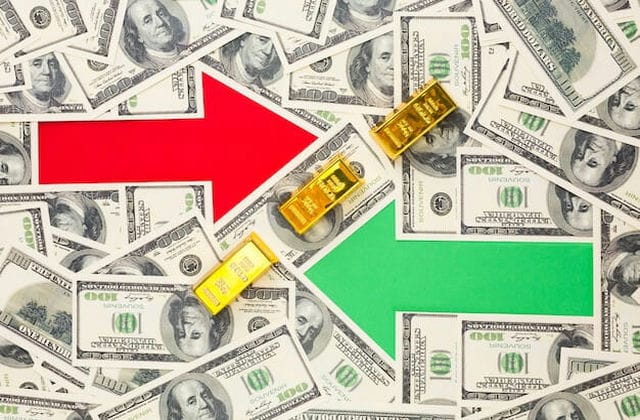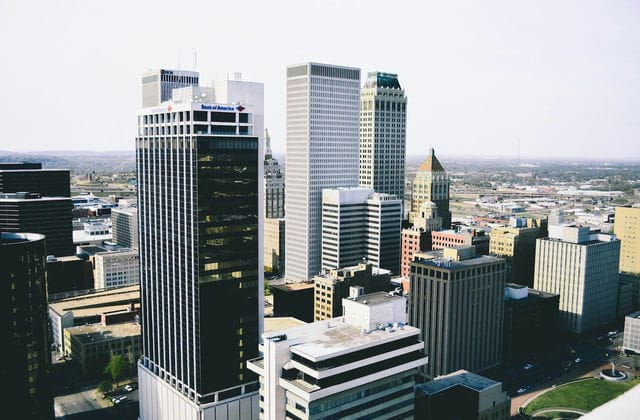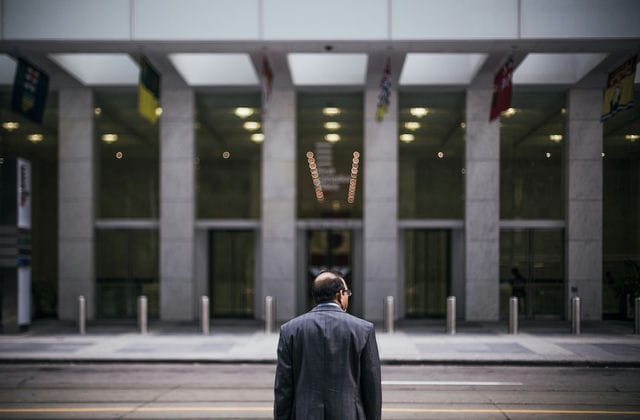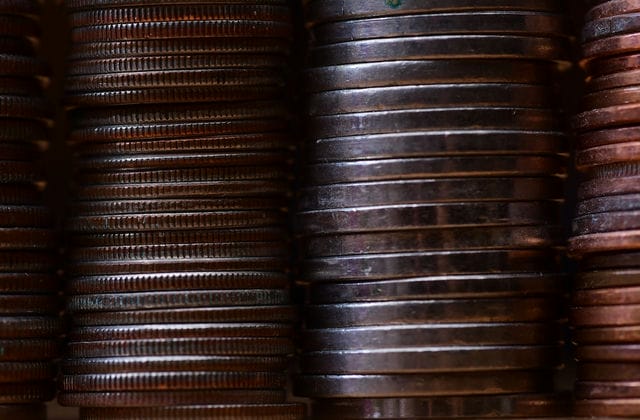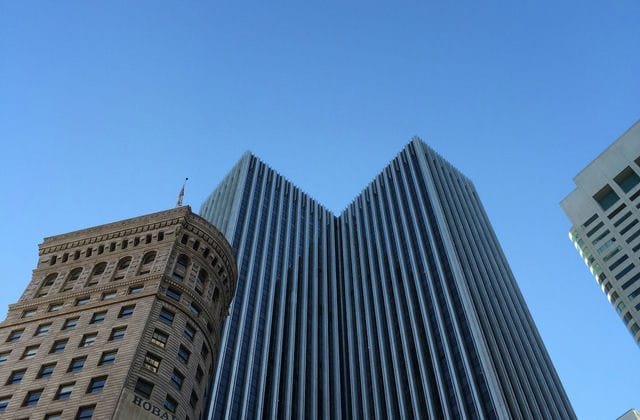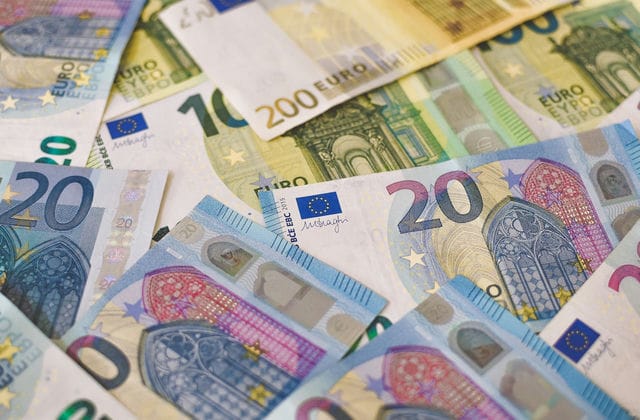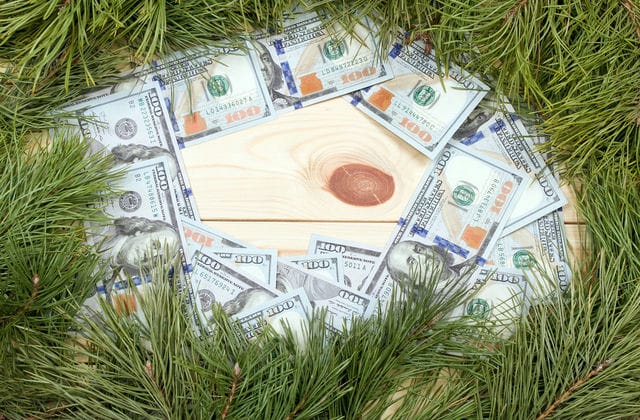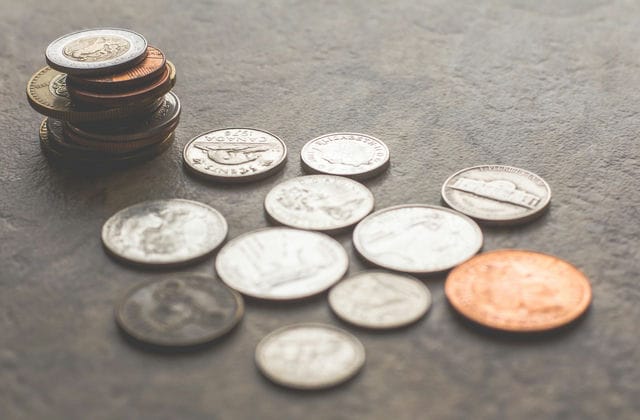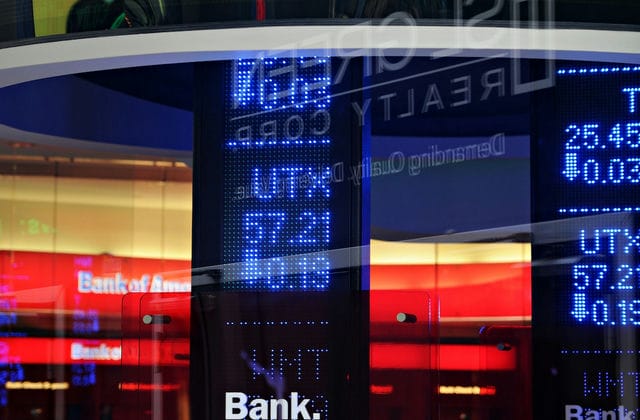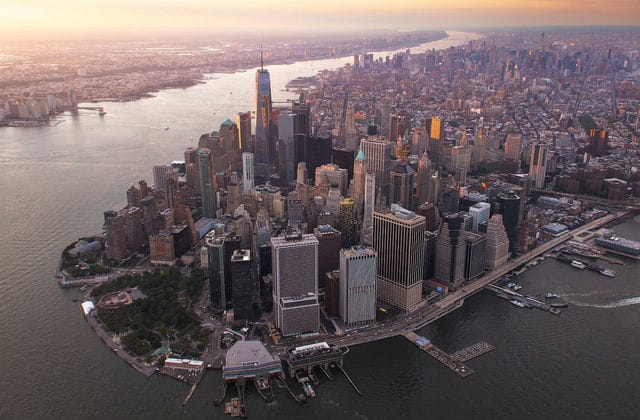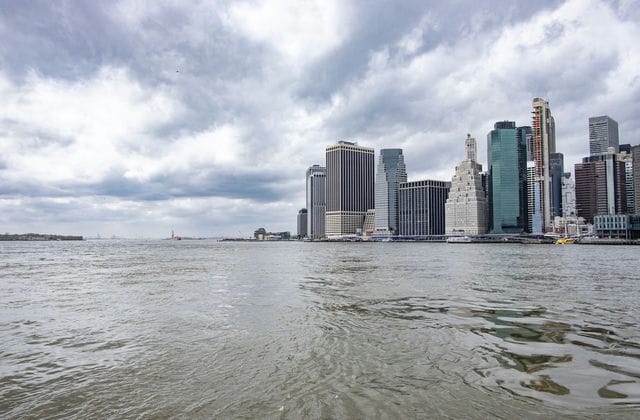The Federal Reserve System or Federal Reserve, informally known as The Fed, known simply as the Federal Reserve, is responsible for carrying out the duties of the central bank of the United States. The system was established in 1913 by the Federal Reserve Act.
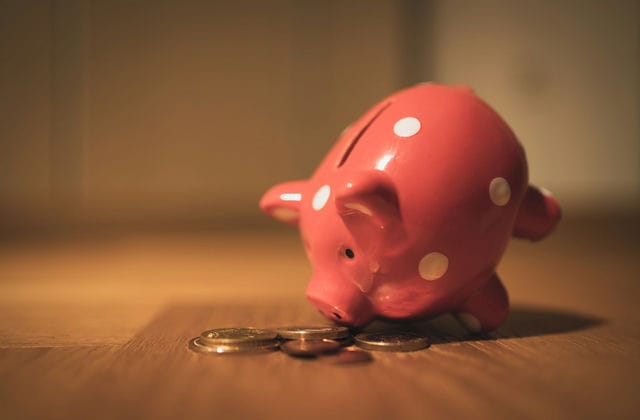
The Federal Reserve Board of Governors is an independent federal government agency, which receives no funding from Congress. The terms of office of the seven members of the Board span different presidential terms and congressional terms. Once the presidential appointments are made, the independence of their work is quite strong. The MCs make regular annual reports to the Speaker of the House of Representatives on central bank operations. The law provides the President with the right to remove a member in certain circumstances. The Board of Governors is responsible for monetary policy. The Board is also responsible for the supervision of the Federal Reserve Banks and the US banking system everywhere. The Federal Reserve is owned by private banking members and each member bank has non-transferable shares in the local Fed.
The Federal Reserve System consists of the Federal Reserve Board in Washington DC and 12 regional Federal Reserve Banks located in major cities across the country.

The US Federal Reserve is based on the fundamental principles of 'independence' and 'checks and balances'. In terms of checks and balances, the seven governors of the Board (including the Chairman and Vice-Chairman) are all nominated by the President and require the consent of the Senate. Resolutions on monetary policy, such as raising or lowering the rediscount rate, are made by a collegial, one-person-one-vote system, with the President's vote usually going to the party with the majority. While the President has control over the nomination of members, chairmen and vice-chairmen, once approved by the Senate, the term of office is 14 years, with the possibility of a maximum of five presidential terms.


